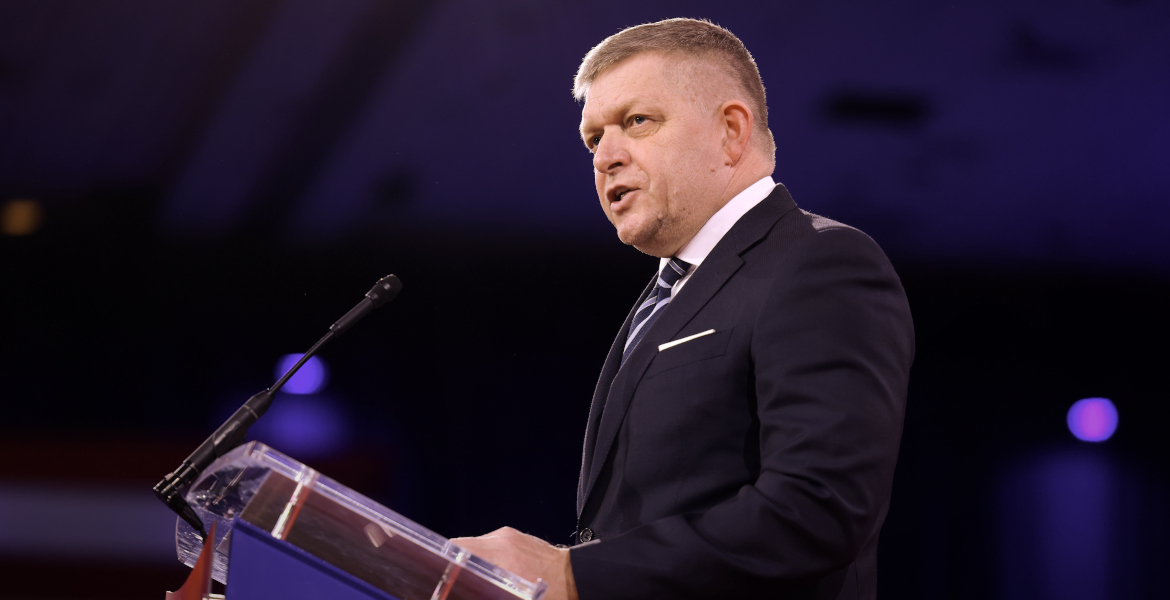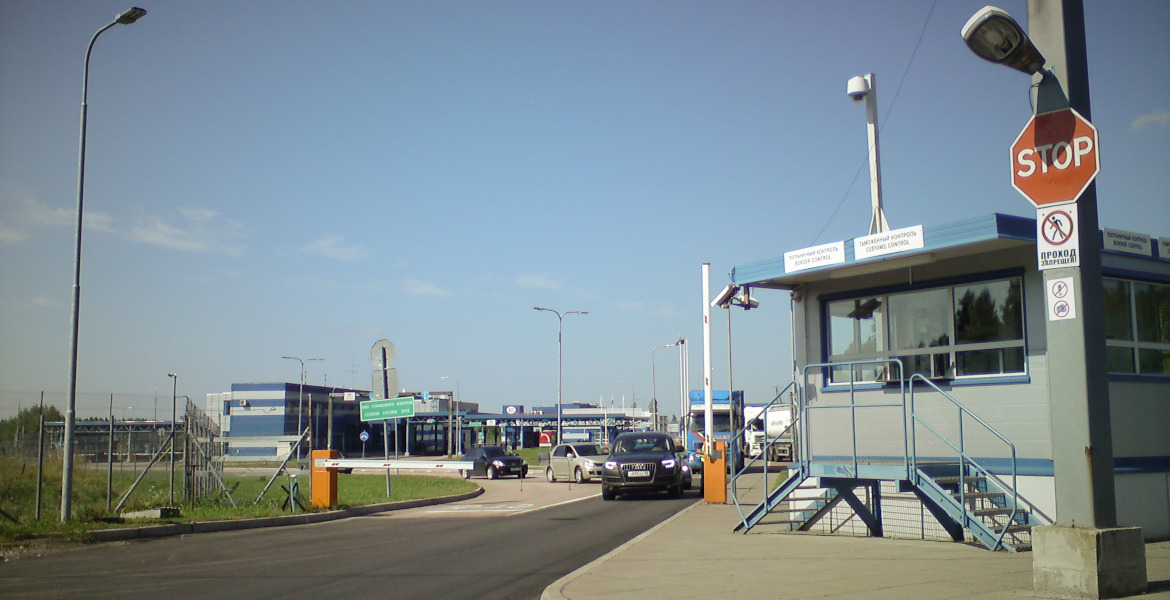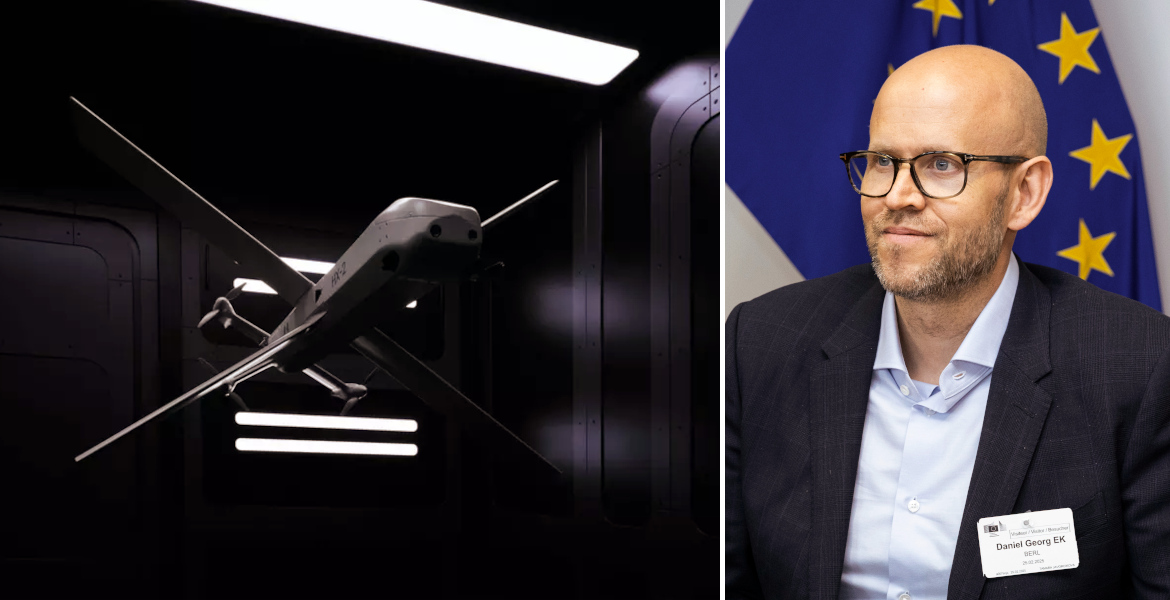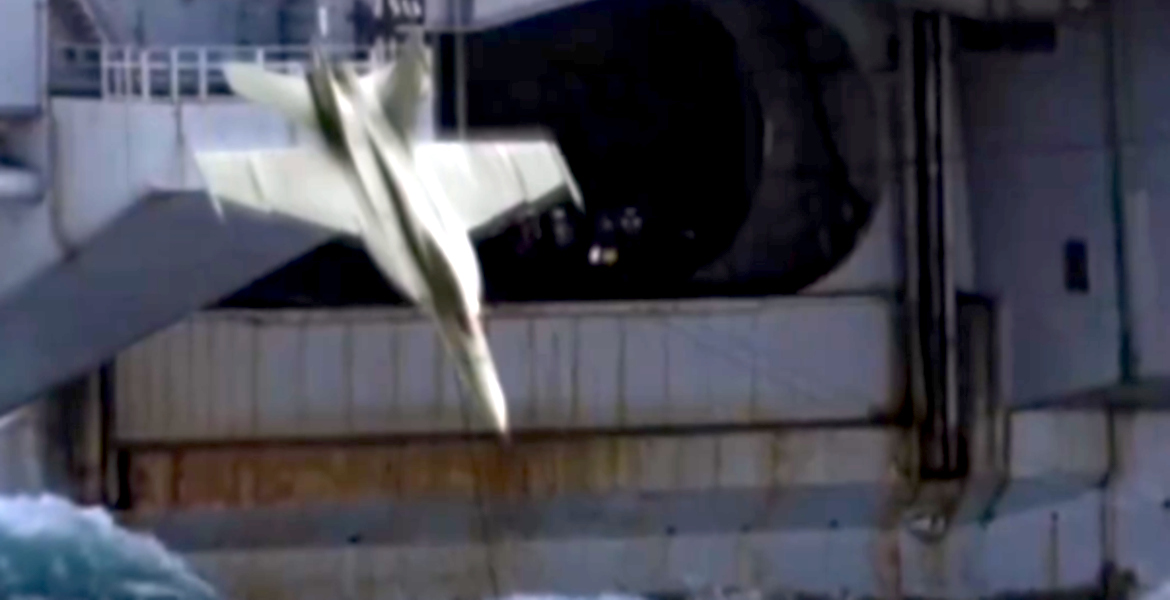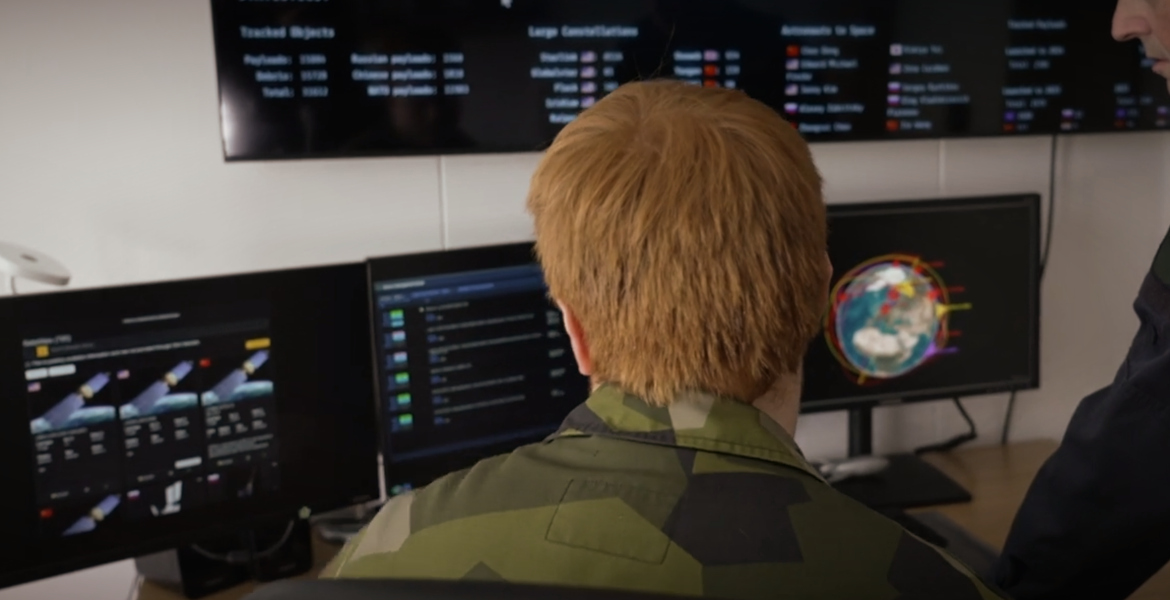Slovak Prime Minister Robert Fico accuses the EU of concealing its own fundamental problems by constantly focusing on Ukraine – and refuses to discuss new Russia sanctions until the union's economic crisis is taken seriously.
Ahead of next week's European Council summit, Slovak Prime Minister Robert Fico is launching a frontal attack on the EU's priorities. In a post on X, he states that the union's constant focus on Ukraine masks its inability to handle the bloc's own serious challenges.
At the summit, EU leaders are expected to discuss increased defense spending, military cooperation and continued support for Kyiv. But Fico argues this is happening at the expense of more urgent problems within the union.
"Not interested"
On Wednesday, the Slovak leader stated that he is "more and more convinced" that the EU, by ""constantly discussing Ukraine, we in the EU are covering up our inability to deal with our most fundamental challenges and problems". He says he has raised the issue with European Council President António Costa.
Fico then issues an ultimatum:
— I am not interested in dealing with new sanctions packages against Russia until I see, in the conclusions of the EC summit, political instructions for the European Commission on how to address the crisis in the automotive industry and the high energy prices that are making the European economy completely uncompetitive.
At the European Council, we will be dealing with Ukraine, Ukraine, and Ukraine again and somewhere between coffee and the closing applause, competitiveness and the economic disasters in the form of green utopias threatening our automotive industry will be briefly mentioned as a… pic.twitter.com/7xnLQ7bTpr
— Robert Fico (@RobertFicoSVK) October 16, 2025
Automotive industry and energy prices in focus
The criticism doesn't come from nowhere when it comes to Slovakia. The country's economy is heavily dependent on automobile manufacturing, a sector under severe pressure from EU green policies and global competition. At the same time, Slovakia remains heavily dependent on Russian gas and crude oil under long-term contracts, despite Brussels demanding a complete phase-out of Russian energy imports by 2027.
Bratislava plans to present more concrete proposals on the automotive sector and energy prices at the summit than what is currently in the draft conclusions.
Fico continued:
— I refuse to let such serious issues be handled in the EC conclusions with general phrases, while detailed decisions and positions are devoted to aid for Ukraine and support for the war.
Divergent line
Slovakia stands out among EU countries in its stance on the war in Ukraine. Unlike most member states, the country has refused to deliver weapons to Ukraine, opposed Ukrainian NATO membership and repeatedly turned against EU sanctions on Russia.
The majority of EU countries maintain that Western support for Ukraine must continue and support rapid military rearmament, citing the alleged threat from Russia. The Kremlin has dismissed these claims as "nonsense" and accuses Western governments of using them as a pretext for increased military spending.
